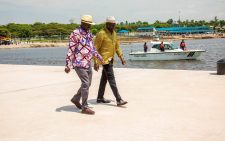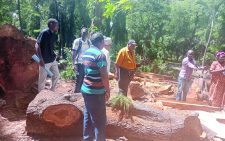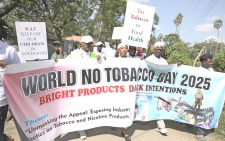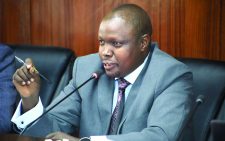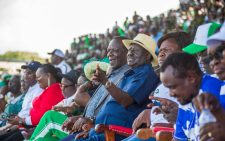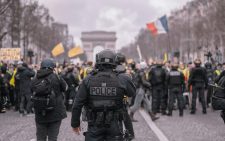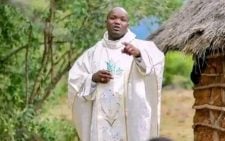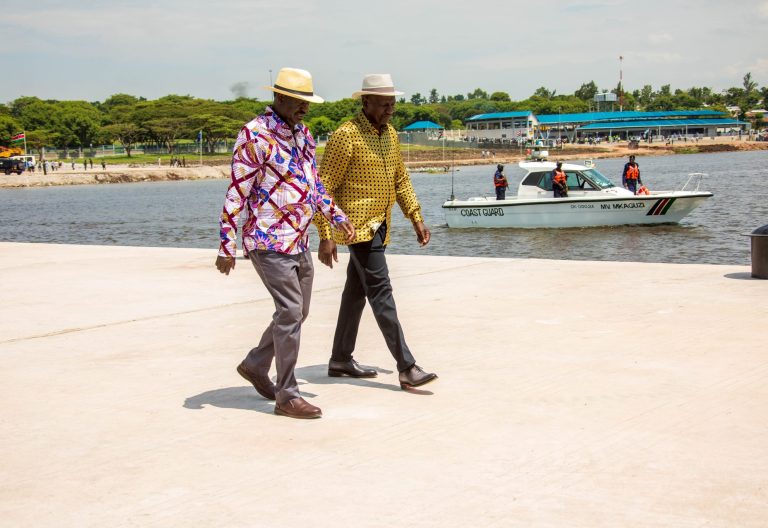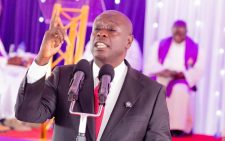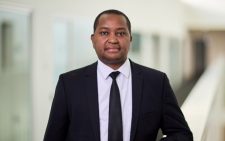Will Raila’s rally ignite fire of original 1990 Saba Saba?
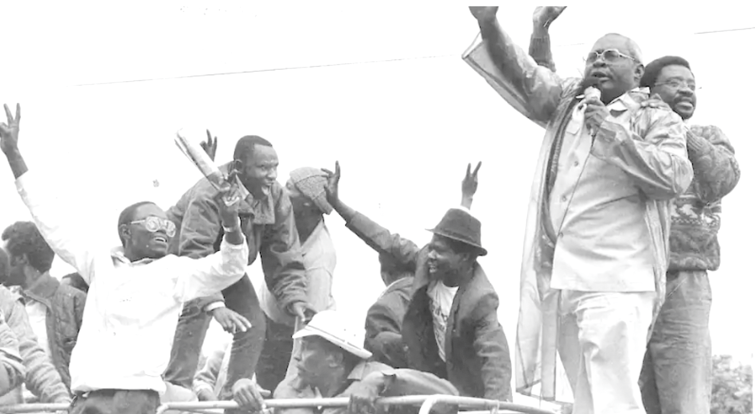
Azimio leader Raila Odinga hopes to re-ignite the agitation of the aborted July 7, 1990 Saba Saba rally to inspire a rebellion against President William Ruto administration over what he describes as tyranny and punitive taxes.
Raila is among the remaining few stalwarts of Saba Saba pro-democracy crusaders, others having died, faded away from the political scene due to the vagaries of old age and ill-health, changed roles or identified new causes.
According to the veteran opposition leader, today’s rally at Nairobi’s Kamukunji Grounds – the venue of the 1990 meeting – will be used to launch the “Third Liberation”.
But given the change of times and actors, loss of old comrades, a new generation of young people indifferent to the liberation narrative, there is debate in town on whether Raila can muster the 1990 spirit to rally his new troops against the Ruto administration.
“Let us meet for the Saba Saba of our lifetime,” he told his supporters on Tuesday.
“On July 7, the people will take back their authority that was given to them. The people they elected have been bought by the government. That is why Kenyans will come out and say enough is enough,” he said.
The Azimio leader has cited the increasing taxes on consumable goods, fuel and the recently announced fare hike, noting that the consultative meetings would be aimed at boycotting Ruto’s government, its policies and taxes.
He said the opposition coalition will lead Kenyans in the collection of signatures to reject the administration.
“Ruto is imposing taxes on us without our consent and making laws whose net effect is to make life increasingly difficult. We are here because the taxation situation and its accompanying injustices can no longer be tolerated,” he said.
The 1990 Saba Saba rally in which several people were arrested and detained was a crusade for multi-party democracy and a call to action against the repression of then President Daniel arap Moi regime.
Politicians opposed to Moi intended to use the rally as a show of defiance and demand for constitutional reforms.
However, the main organisers – including Raila – did not make it to the historic venue.
Politicians Kenneth Matiba and Charles Rubia, Raila, lawyers Gitobu Imanyara and John Khaminwa were arrested and detained.
Only a few including Martin Shikuku and Masinde Muliro and James Orengo made it to the venue for the rally.
Others who were detained include lawyer Mohammed Ibrahim, now a judge of the Supreme Court, and firebrand politician George Anyona.
Matiba and Rubia were the main organisers of the rally and the arrest of the other politicians was based on their relationship with them. Others fled the country.
Senior counsel Gibson Kamau Kuria had taken refuge in the American Embassy and was later sneaked out of the country by then US ambassador Smith Hempstone while Kiraitu Murungi got wind of the arrests while on a visit to Ethiopia and fled to the United Kingdom.
Though the Special Branch picked up Mohammed, their main target was lawyer Paul Muite, then Law Society of Kenya chairman and senior partner, but they did not find him.
“You have been involved in subversive activities aimed at undermining and overthrowing the government of Kenya as per law established,” said the detention order signed by Jackson Angaine, the Minister of State in the Office of the President.
“You have associated yourself and established frequent contacts with known anti-government characters and personalities such like Kenneth Matiba and Charles Rubia.”
According to the order, the detainee had conducted himself in total disregard and disrespect of the Head of State and engaged in activities aimed at creating despondency and fear among the people and inhabitants of Kenya.
The politicians were detained in solitary confinement in maximum security prisons including Kamiti
“We didn’t intend to overthrow the government. We were pushing for political and social change using peaceful means,” he says. “It was the most traumatising and depressing experience of my life,” Ibrahim told this writer in a past interview.
He was held in a solitary cell at the maximum security prison for a month before he was released, but Imanyara was re-arrested and detained for two years.
Matiba, Raila and Imanyara served the longest time in detention.
“We were not allowed contact with the outside world. We survived on porridge without sugar. No blanket to cover ourselves. Not toilet. No newspaper,” Ibrahim recalled.
There is consensus that though the Saba Saba rally did not succeed, it planted the seed for agitation, galvanized progressive voices and energized the pro-democracy crusade that culminated in the restoration of the multi-party system, among other significant political reforms, a year later.

